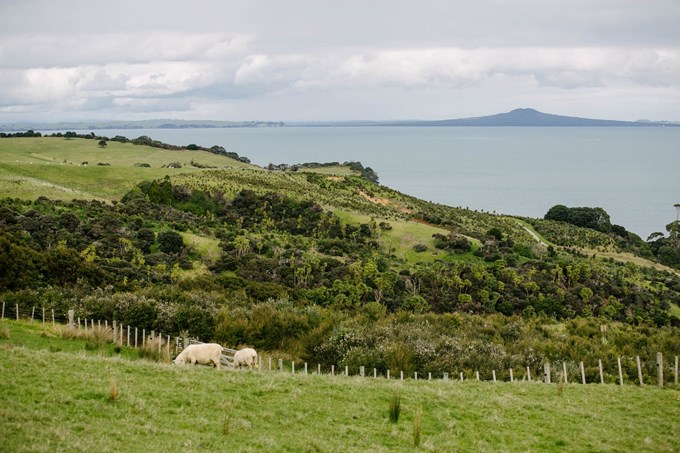Auckland Council’s Parks, Arts, Community and Events (PACE) Committee has voted to approve the Regional Parks Management Plan to guide management of the regional parks network for the next decade.
The Regional Parks Management Plan 2022 sets the vision and direction for the council’s management of the regional parks network – 41,000 hectares of Auckland’s 28 regional parks.
One of the fundamental principles in the final plan is that the regional parks of Tāmaki Makaurau will continue to be owned and managed by Auckland Council on behalf of Aucklanders.
Auckland Mayor Phil Goff welcomes the adoption of the Plan.
“Aucklanders strongly value the experiences our parks offer and the ability they provide to freely access public open spaces,” he says.
“Our regional parks provide opportunities for relaxation and recreation. They enable us to enjoy and appreciate the beauty of our natural environment, and support our wellbeing, as well as offering the beauty of our scenery, which is world-class," says Mayor Phil Goff.
“The Regional Parks Management Plan aims to improve sustainable access by all to our parks, to protect and nurture their ability to act as carbon sinks and to respond to climate change and sea level rises, ensuing our continued access to and enjoyment of our coastal areas.
“It’s about how we best look after our regional parks for future generations.”
Public consultation was open for 12 weeks and Aucklanders were encouraged to have their voices heard.
Councillor Alf Filipaina, Chair of Auckland Council’s PACE Committee, thanks the thousands of people who made suggestions and provided comments to help improve the draft plan.
“The input of the distinct voices of mana whenua, and the diverse voices of our local communities has helped to create this ambitious plan. It captures where we are at this moment in history and how we want to protect and use some of our most treasured natural places in Tāmaki Makaurau," says Cr Alf Filipaina.
“Our regional parks are highly sought after, protected pieces of land that give Aucklanders’ access to natural areas, open spaces, kilometres of coastline, significant ecological areas and historic cultural sites.
“More than half a century has gone into building, growing and protecting our regional parks network and with this Plan we will continue to care for these treasured places. The Plan also recognises the regional parks are connected with the wider landscape and biodiversity and enables collaborative and holistic planning and management for current and future generations.
“The parks, importantly, are there for people to enjoy. The Plan addresses the challenge: as the city continues to grow, it seeks to continue to provide access without loving the parks to death, enabling all Aucklanders to have the opportunity regardless of culture, income, age and ability.”
Parks portfolio holder Councillor Christine Fletcher says regional parks are a source of pride for Aucklanders and the need to protect biodiversity is more important than ever in the face of climate change and population growth pressures.
“Aucklanders cherish our regional parks as places of refuge from the bustling city, places to gather as family and community with nature. Generations of Aucklanders have fond memories of time spent with whānau in these special places.
“I am so grateful to our forebears who had the vision to create the parks network that we enjoy today and to the strong network of volunteers, across organisations, involved in the protection of our parks. Our regional parks are iconic to Aucklanders and are a vital element that makes Tāmaki Makaurau such an incredible place to live," says Cr Christine Fletcher
"This Plan preserves our regional parks for the future. It protects the unique and precious biodiversity in the parks, keeping 35,000 hectares of forest healthy and revegetating a further 200 hectares.
“We can rest assured Auckland Council, on behalf of Aucklanders, will continue ownership of our much-loved regional parks, as a treasured legacy for generations to come.”


